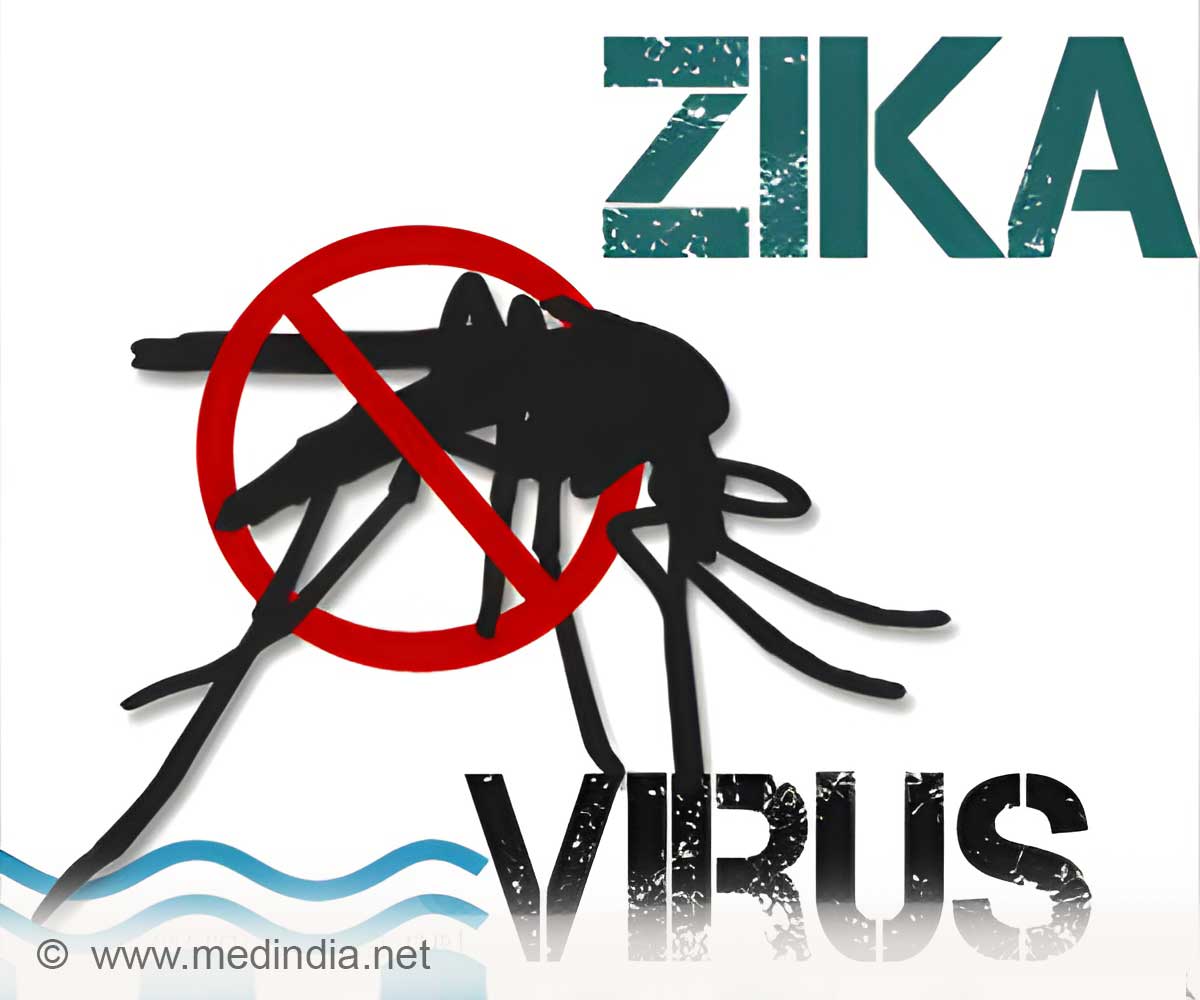
‘The eggs laid by Aedes aegypti with the Zika virus was incubated and hatched in the lab. Zika virus was present in one out of every 290 mosquitoes tested in the lab.’
Tweet it Now
"Since Zika virus has emerged as a global health emergency, most research has focused on the virus and its effects on humans. There is far less research on the virus in its mosquito host," said Tesh. "But if you want to control Zika, you also have to know about the behavior of this virus in mosquitoes."Zika virus causes microcephaly in newborns born to mothers infected with the virus during pregnancy. An international health emergency was declared by the World Health Organization (WHO). The WHO and the US government have urgent pregnant women and their partners not to travel to 45 countries where Zika virus is active.
Aedes aegypti is known to expand its range northward. This mosquito is abundant in the United States in Florida, the Gulf Coast, Arizona and California, with sporadic records in other Southern, Mid-Atlantic and Midwestern states.
"The study connects to two important things: one is the science: how Zika and other mosquito-borne viruses can survive in the tropics during the dry season," said Stephen Higgs, PhD, president of the American Society of Tropical Medicine and Hygiene, and the second is the need for a U.S. federal funding system that adequately plans for, and addresses infectious disease outbreaks.
The researches injected laboratory-reared Ae. aegypti with the Zika virus to determine whether female mosquitoes that carry the virus pass it on to their offspring. The mosquitoes lay eggs. The researchers collected and incubated the eggs and reared the hatched larvae until adult mosquitoes emerged. Culture of these adults found Zika virus in one of every 290 mosquitoes tested.
Advertisement
Mosquitoes transmit other viruses to their offspring including dengue and yellow fever. The authors note that vertical transmission appears to provide a survival mechanism for the virus during adverse conditions: cold periods in temperate regions and hot dry seasons in tropical zones, or when many people become immune because of prior infection or vaccination.
Advertisement
The researchers urged to conduct more insect studies and also expand methods to reduce the number of Aedes mosquitoes in and around homes to protect people from Zika virus infection.
The study, "Vertical transmission of Zika virus in Aedes aegypti mosquitoes," is published in the American Journal of Tropical Medicine and Hygiene.
Source-Medindia











